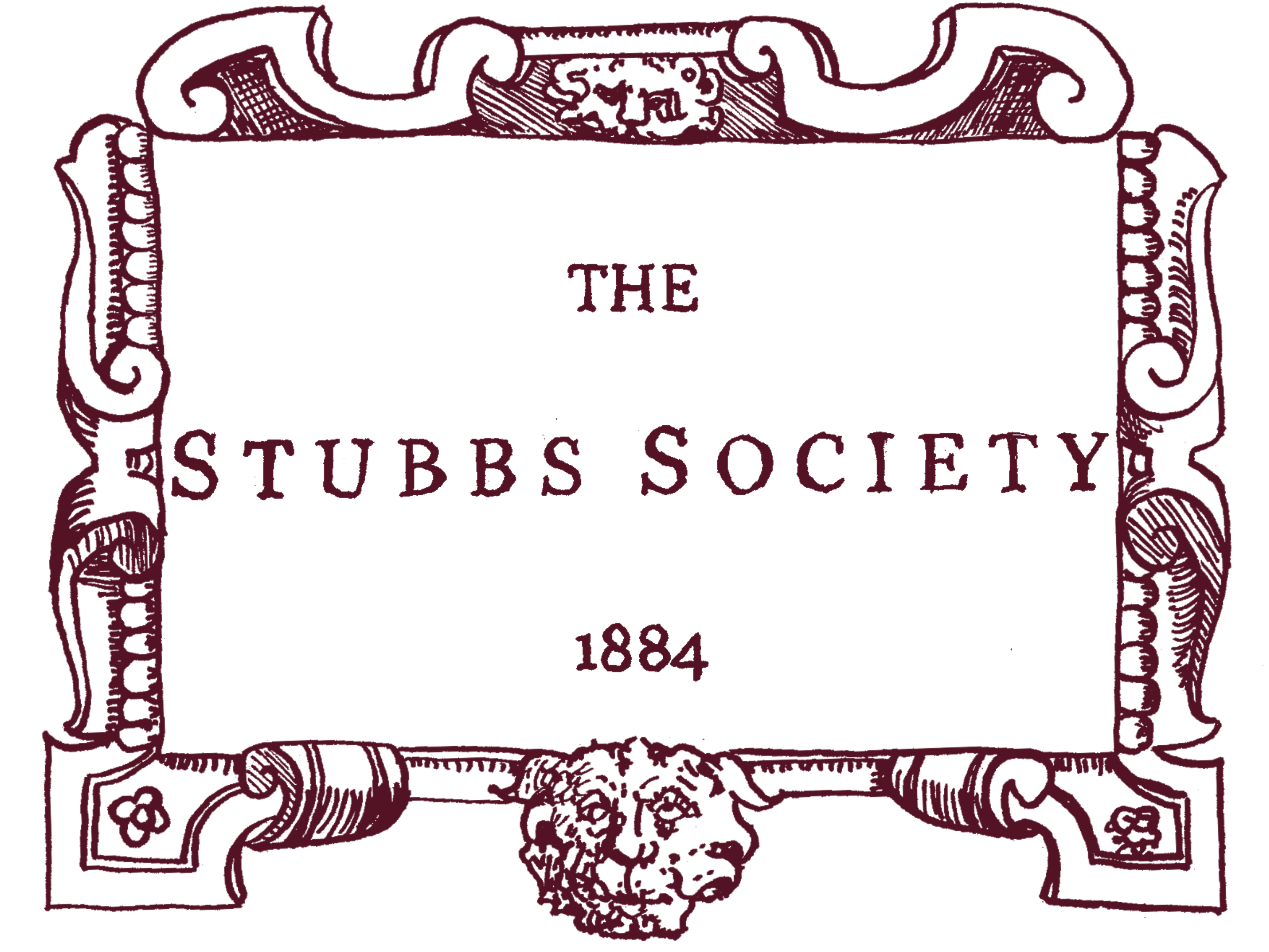Born to Belgian and Irish parents, Sir Adrian Carton de Wiart lost an eye fighting in Somaliland; was shot in the face, skull, stomach, ankle, leg, hip and ear; and bit off his own fingers when a doctor refused to amputate them. His hand was later removed and he threw out his irritating glass eye replacement from a taxi window.
Following a plane crash off the Italian coast (one of two who survived) Carton de Wiart was kept as a prisoner of war, making five escape attempts tunnelling out with his one arm. Such feats earned him the nickname the “unkillable soldier”.
Carton de Wiart – mentioned in dispatches six times – was seen pulling the pins of hand grenades with his teeth and hurling them with his good arm, winning the Victoria Cross for his leadership and conspicuous gallantry.
In his biography, the general wrote, “frankly, I had enjoyed the war”. He attended the Cairo Conference in 1943 whilst en route to Peking to act as Churchill’s personal representative. “With his black eyepatch and empty sleeve, Carton de Wiart looked like an elegant pirate, and became a figure of legend.”
Lt Gen Carton de Wiart epitomised the values and ethos all leaders should aspire to have; his determination and selflessness galvanising his troops. For these qualities, he is our Alum of the Month.
